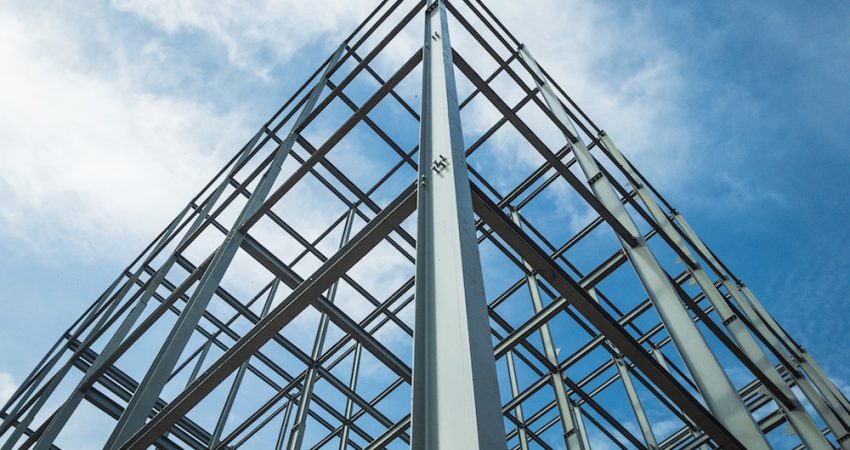Growth in UK construction dipped to a 10-month low in January, according to the latest PMI.
The IHS Markit/CIPS UK Construction Purchasing Managers’ Index dropped to 50.6 in January, down on 52.8 in December and close to the 50 no-change reading.
New orders increased only marginally, contributing to the slowest expansion in employment numbers for two-and-a-half years.
All three construction categories recorded weaker trends, with residential work the strongest performing area and commercial work the weakest. Civil engineering activity increased marginally. Brexit and the economic outlook were yet again mentioned in anecdotal evidence as weighing on client demand.
Slower growth in input buying reduced pressure on construction supply chains and there was the joint mildest deterioration in vendor performance since September 2016.
Input price inflation continued to moderate, with average cost burdens rising at the slowest pace since June 2016. Price increases were linked to imported construction products and materials.
Duncan Brock, group director at CIPS, said: “The biggest shock came in the form of job creation which has managed to suffer the slings and arrows of Brexit highs and lows with solid hiring since the referendum result.
“Employment rose at the slowest rate since July 2016 and with optimism also in short supply, the sector only needs a small nudge to tip it closer to a recession.”
Tim Moore, economics associate director at IHS Markit, said: “Business expectations for the year ahead slipped to a three-month low and remained subdued in comparison to historic trends in January.
“Positive sentiment towards the outlook for civil engineering work remains a key factor helping to support business sentiment across the construction sector, according to survey respondents.”




